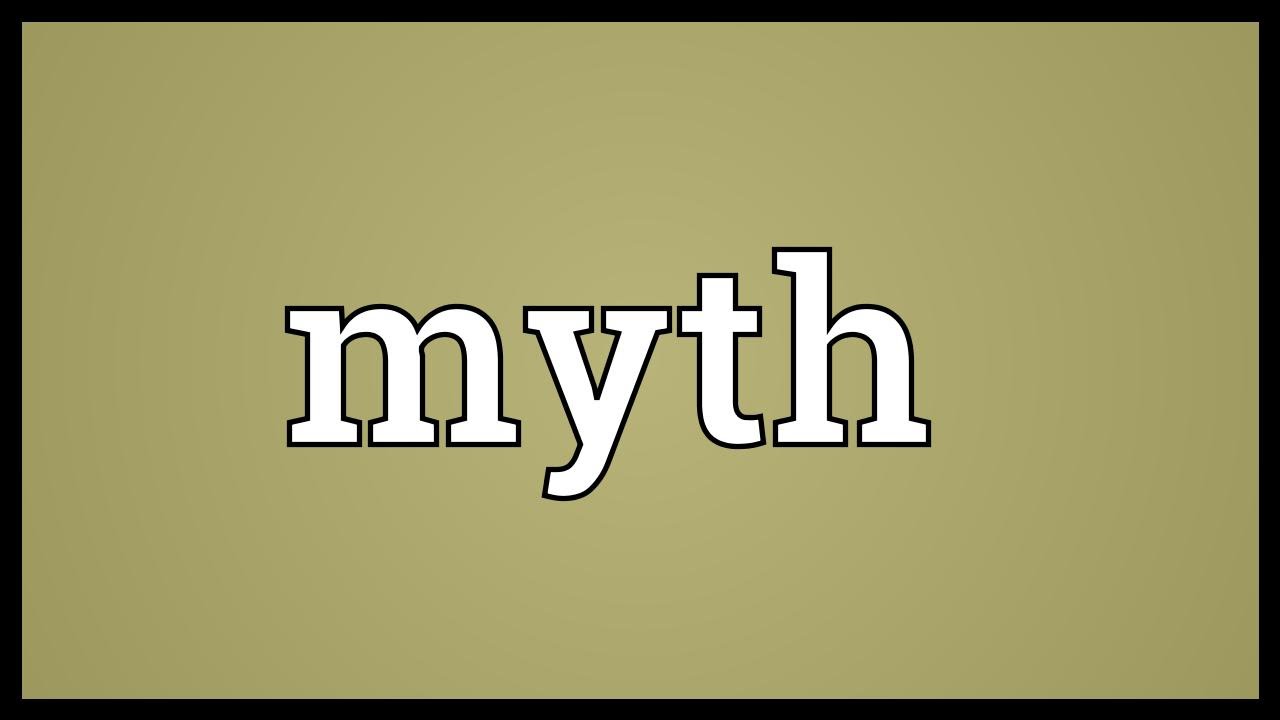Myth Meaning

Myth, an enigmatic tapestry woven through the ages, transcends mere storytelling; it encapsulates the essence of cultures, beliefs, and human experiences. Despite its antiquity, myth remains a vibrant force, shaping our perceptions and understanding of the world. Delving into its depths reveals not only narratives but also profound insights into the human condition. In this exploration, we embark on a journey to decipher the meaning and significance of myth, unraveling its intricate layers.
Table of Contents
ToggleExploring the Origins:
To comprehend the essence of myth, one must delve into its origins, rooted deep within the collective consciousness of humanity. Emerging from oral traditions, myths served as vessels carrying the wisdom, fears, and aspirations of ancient civilizations. From the creation epics of Mesopotamia to the heroic exploits of Greek mythology, these narratives provided frameworks for understanding existence, morality, and the divine.
Myth as Symbolism:
At its core, myth operates through symbolism, employing allegory and metaphor to convey profound truths. Each character, event, and motif within a myth carries layers of meaning, transcending the literal narrative. For instance, the Greek myth of Prometheus, who defied the gods to bring fire to humanity, symbolizes the struggle for knowledge and the consequences of rebellion against authority.
Archetypes and Universality:
One of the most intriguing aspects of myth is its use of archetypes, universal symbols and motifs that resonate across cultures and epochs. Carl Jung, the eminent psychologist, posited that these archetypes are embedded within the collective unconscious, serving as innate patterns of human experience. Whether it be the hero’s journey, the trickster, or the mother goddess, these archetypal figures recur in myths worldwide, reflecting timeless aspects of the human psyche.
Myth and Ritual:
Myth and ritual are intertwined, forming integral components of religious and cultural practices. Rituals often derive their significance from underlying mythic narratives, imbuing them with symbolic power and meaning. From ancient fertility rites celebrating the cycle of life to modern-day religious ceremonies, rituals serve as tangible expressions of mythic truths, fostering a sense of connection to the divine and the cosmos.
The Function of Myth:
Throughout history, myth has served multifaceted functions within societies, ranging from explaining natural phenomena to imparting moral lessons and reinforcing social cohesion. In preliterate cultures, myths provided frameworks for understanding the world, elucidating the mysteries of creation, death, and the afterlife. Moreover, myths often functioned as moral guidelines, prescribing ethical conduct and warning against hubris and folly.
Adaptation and Evolution:
While rooted in tradition, myths exhibit remarkable adaptability, evolving to reflect changing social, cultural, and ideological landscapes. As societies evolve, myths undergo reinterpretation and appropriation, acquiring new layers of meaning and relevance. For instance, ancient mythological figures may be reimagined in contemporary literature, film, and art, resonating with modern audiences while retaining echoes of their ancient origins.
Myth and Identity:
Myth plays a pivotal role in shaping individual and collective identities, providing narratives through which communities define themselves and their place in the world. National myths, for example, construct narratives of origin, heroism, and destiny, fostering a sense of unity and pride among citizens. Similarly, personal myths, such as family folklore and ancestral tales, contribute to one’s sense of self and belonging.
Challenges and Critiques:
Despite its enduring significance, myth has faced challenges and critiques, particularly in the wake of scientific advancements and rationalist philosophies. Skeptics dismiss myth as mere superstition or outdated folklore, relegating it to the realm of fiction devoid of empirical truth. Moreover, scholars have scrutinized the cultural biases and power dynamics inherent within mythic narratives, highlighting their role in perpetuating social hierarchies and marginalizing certain groups.
Conclusion:
Myth transcends its status as ancient tales; it embodies the essence of human experience, offering insights into the mysteries of existence and the depths of the human psyche. Through symbolism, archetypes, and ritual, myth weaves a rich tapestry that resonates across cultures and epochs, shaping identities, beliefs, and societies. As we unravel its intricate layers, we discover not only narratives but also profound truths that illuminate the path of human understanding. In a world marked by uncertainty and flux, myth endures as a beacon of wisdom, guiding humanity on its eternal quest for meaning and purpose.





